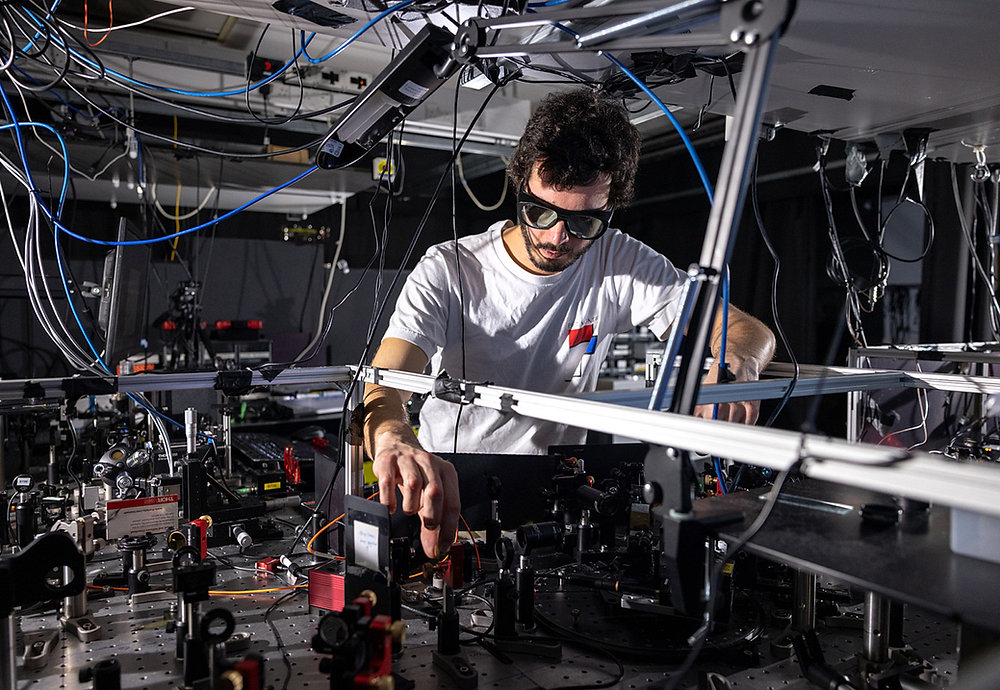OK, I read it, and found it to be somewhat misleading, and maybe intentionally disengenous.
In particular, the parts about the different perceptions of "simultaneous" by different observers who were in differential motion to each other were misleading. Special Relativity shows us that "simultaneous" requires the same
location as sell as the same time for the observers
. So, this part seems to be intended to confuse, to lay the groud work for further misunderstanding.
However, I do agree that we have some major things to learn about time/time passage. General Relativity shows us that the rate of time passage is somehow related to the mass of objects in the vicinity. That much we can verify, and have done so. We also have some strange phenomena that seem to defy our understanding of time passage, for instance, the double slit / single photon paradox. And then there is "entanglement", which, at least to some, seems to defy the speed limit of light travel.
Relativity theory makes time look mathematically similar to spacial dimensions, at least for the purpose of calculating the distortions of time passage rate by speed and mass. But, so far, nobody seems to have found any
real way to travel through time. However, there was recently an article about an experiement that is said to have created a "slit experiment"
in time rather than space. See
https://www.thebrighterside.news/po...t-proves-light-travels-in-both-space-and-time . I have not looked at that in detail to see if what is stated is indeed a rational way to interpret the actual results. But, at least it does show that people are working on the subject.
Part of our problem is that we really just do not understand the real world at quantum-level size. We
imagine that there are "photons" that have properties of both waves and particles, but we really have no physical understanding of what that means for the properties of phtons, or even how something can have properties of both. We simply measure the effects and ascribe them to "photons", as if we actually know what a photon is. However, most people get so comfortable with their imagined "photons" that they forget that they are, to a large degree, really a figment of our imagination. There are many such imagined quantum entities, including "fields", which turn the engineers' defintion of a "field" backwards, so that fields exist and particles are a disturbance in the fields, rather than the engineers' definition where the particle is what creates the field around it.
So, I agree with Harry that our minds can play tricks on us as we try to explain observations by developing theories. I think we have a lot to learn, yet, about the properties of time, especially at the quantum level. But, fo far as I have read, time itself does not appear to be "quantized" to specific increments. No, the Uncertainty Principal does not do that, although some imagine it that way.






